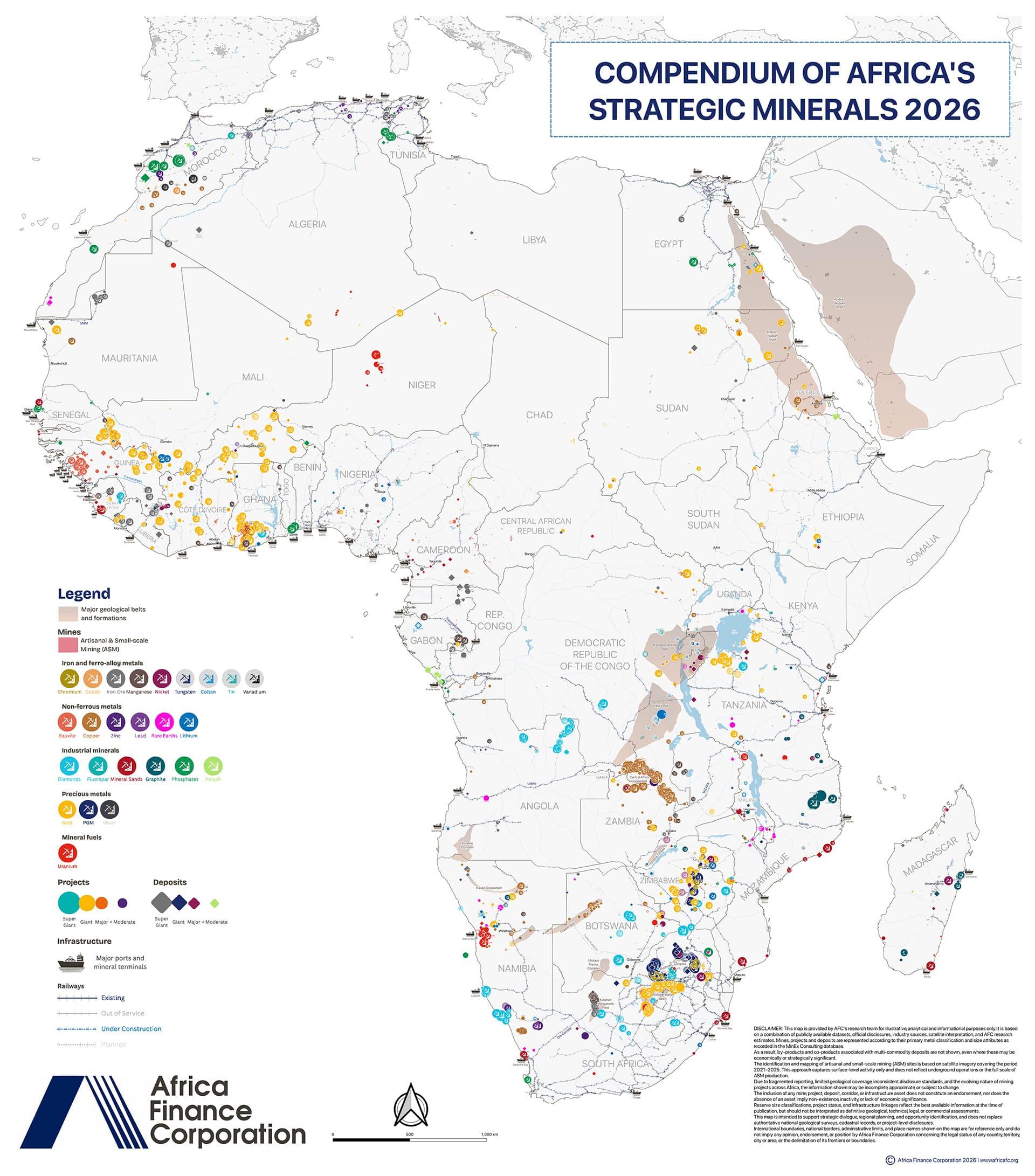While the objective of the Nigerian Communications Commission in setting up Emergency Communications Centres (ECCs) across the country is primarily that of providing emergency communications services to Nigerians, the NCC has triggered further socio-economic development at the base of the economy through the project. Not only has the project come with the added benefits of providing job opportunities to youths, with over 1,200 people employed at the 27 operational centres across the country, more people are expected to be employed in the additional 8 centres which are currently under different stages of completion and are set to become fully operational in 2024.
The Centres are managed by indigenous Consultants who are responsible for the management of the facility and its operations. Apart from employing Call agents, Facility/IT Staff and Administrators, the ECCs have become enablers for businesses, especially those in the informal sector, to thrive.
According to NCC’s Director of Public Affairs, Reuben Muoka, the ECCs, which are now fully operational in 27 State Capitals across the country, are reachable on Toll-Free Number 112, operating in similar design like the 911 Emergency Numbers in some developed parts of the world. It is designed to provide succour to individuals who are witnesses or under distress of emergency, arising from fire outbreaks, robbery or violent attacks, domestic and road accidents, health crisis, to instantly reach response agencies through the toll-free number. 4 more centres are currently undergoing test-runs, with plans to commence services in September 2023, which would bring the total number of operational centres to 31, while another set of four are expected to come into operations before the end of the year.
The NCC provided technology platforms such as Computer-Aided Dispatch (CAD) systems for the respective response agencies such as Police, Nigeria Security and Civil Defence Corps (NSCDC), Fire Service, Federal Road Safety Corp (FRSC), Nigerian Centre for Disease Control (NCDC), Ambulance Service, and State Emergency Management Agencies (SEMA) in order to facilitate the dispatch of emergency calls through the national emergency toll-free number 112.
The response agencies, such as the Police with round-the-clock duties to prevent, stop and arrest crimes, are now being provided with additional mobile communications devices, some installed in their offices, to enable them to instantly receive information from call agents at the centres. This is to also ensure that top echelon of the force is provided instant information for command and control over emergency situations or incidents across the country.
Agents of the ECCs, have been trained, and equipped with state-of-the-art communications equipment, including digital radio and Internet-protocol (IP) and geo-location technologies to enable responders easily identify location of incidents for effective and efficient delivery of rescue services to the public.
The three-digit code, 112, was designed to ensure that citizens in emergency situations can easily recall it. The services are available, live, 24 hours of the day as the agents run in shifts to ensure that services are delivered round the clock.





